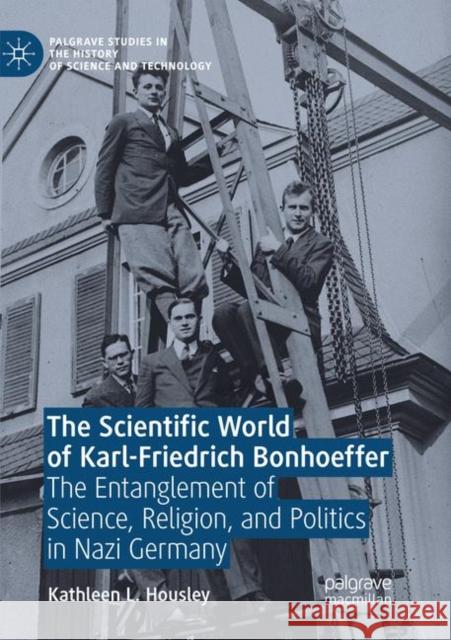The Scientific World of Karl-Friedrich Bonhoeffer: The Entanglement of Science, Religion, and Politics in Nazi Germany » książka
topmenu
The Scientific World of Karl-Friedrich Bonhoeffer: The Entanglement of Science, Religion, and Politics in Nazi Germany
ISBN-13: 9783030070960 / Angielski / Miękka / 2018 / 328 str.
The Scientific World of Karl-Friedrich Bonhoeffer: The Entanglement of Science, Religion, and Politics in Nazi Germany
ISBN-13: 9783030070960 / Angielski / Miękka / 2018 / 328 str.
cena 403,47
(netto: 384,26 VAT: 5%)
Najniższa cena z 30 dni: 385,52
(netto: 384,26 VAT: 5%)
Najniższa cena z 30 dni: 385,52
Termin realizacji zamówienia:
ok. 22 dni roboczych.
ok. 22 dni roboczych.
Darmowa dostawa!
Kategorie:
Kategorie BISAC:
Wydawca:
Palgrave MacMillan
Seria wydawnicza:
Język:
Angielski
ISBN-13:
9783030070960
Rok wydania:
2018
Wydanie:
Softcover Repri
Numer serii:
000423748
Ilość stron:
328
Waga:
0.41 kg
Wymiary:
21.01 x 14.81 x 1.85
Oprawa:
Miękka
Wolumenów:
01
Dodatkowe informacje:
Wydanie ilustrowane











